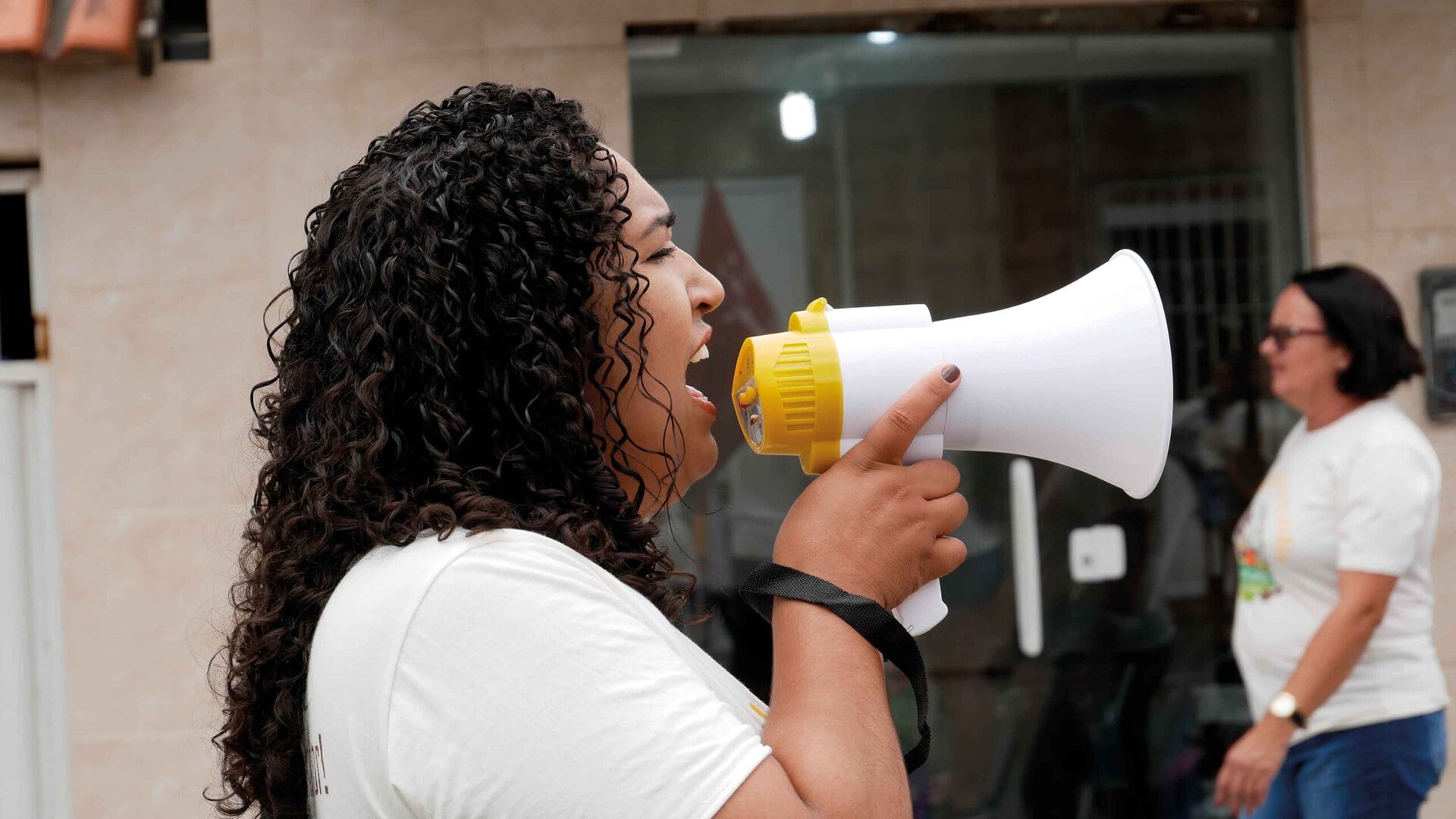The coronavirus has turned our everyday lives upside down and in order to protect ourselves and others, we must adhere to the federal government’s recommendations. We are worried about our relatives and friends and about the many doctors and nursing staff who are working tirelessly. In the midst of this crisis, however, we must not forget the people in the global South, because they can hardly protect themselves against the virus. Here are 5 reasons why we should donate now.
1. the poorest sections of the population are particularly at risk from the coronavirus
The coronavirus poses a particular threat to people in poor areas of developing countries. People there live close together, often have no regular work and have to go out to earn money for food as day laborers or at the market. They also have no running water and are already at risk due to pre-existing conditions such as HIV/Aids and tuberculosis. There is also a lot of misinformation circulating, which can be life-threatening.
It is essential that they are provided with water, soap and the correct information material so that they can protect themselves against the virus. That’s why we should donate now!
2. solidarity must not stop at the border
In Switzerland, many people show solidarity with at-risk groups who can no longer shop or go to the post office themselves. We help family, friends, neighbors, but also strangers and strangers. This solidarity must not stop at the border. The healthcare systems and financial security are much worse in most countries than here in Switzerland. That’s why they need our help!
3. the virus could come back
We still know too little about the virus, its long-term effects and immunity. There is still no vaccine and there is no guarantee that infected people will remain immune. It is therefore better if we try to combat or even eradicate the virus as effectively as possible. The world must work together to achieve this. Everyone should be able to protect themselves and be vaccinated once the right vaccine has been found. This is the only way we can prevent the virus from spreading and returning.
4. the African and Latin American countries are dependent on international aid
The coronavirus pandemic poses major problems for the healthcare system in industrialized nations. Doctors have to choose which patients are connected to a ventilator and which are not because there are too few devices available. The problem is even more serious in developing countries with poorer healthcare systems. There are too few hospitals, too few intensive care beds and too few staff. It is therefore necessary to keep the outbreak in these countries as small as possible, if not to prevent it altogether. Organizations such as terre des hommes schweiz make an important contribution to this.
Unfortunately, the official figures with which many countries in the Global South appear in the statistics are not reliable. Many countries such as Zimbabwe or Mozambique are barely able to test their people for the virus and many have no access to healthcare where Covid-19 cases would be registered. We therefore report here from our project regions with first-hand information.
5 The fight against poverty could be set back by decades
The head of the UN Development Program (UNDP), Mukhisa Kituy, is calling for international aid, as the pandemic is hitting the economies of developing countries hard: capital has been withdrawn from these countries, profits from export products have fallen and tourism has collapsed. There is a threat of “deep, deep scars”, as Kituy puts it. The coronavirus threatens to undo the progress made in the fight against poverty in recent decades.
This list is not exhaustive. There are certainly more reasons why we should donate now. We will probably only become aware of the biggest problems caused by the coronavirus in the coming years. That’s why we need to show solidarity now, that’s why our help is needed. You can donate to emergency aid at terre des hommes schweiz here. Thank you very much!



